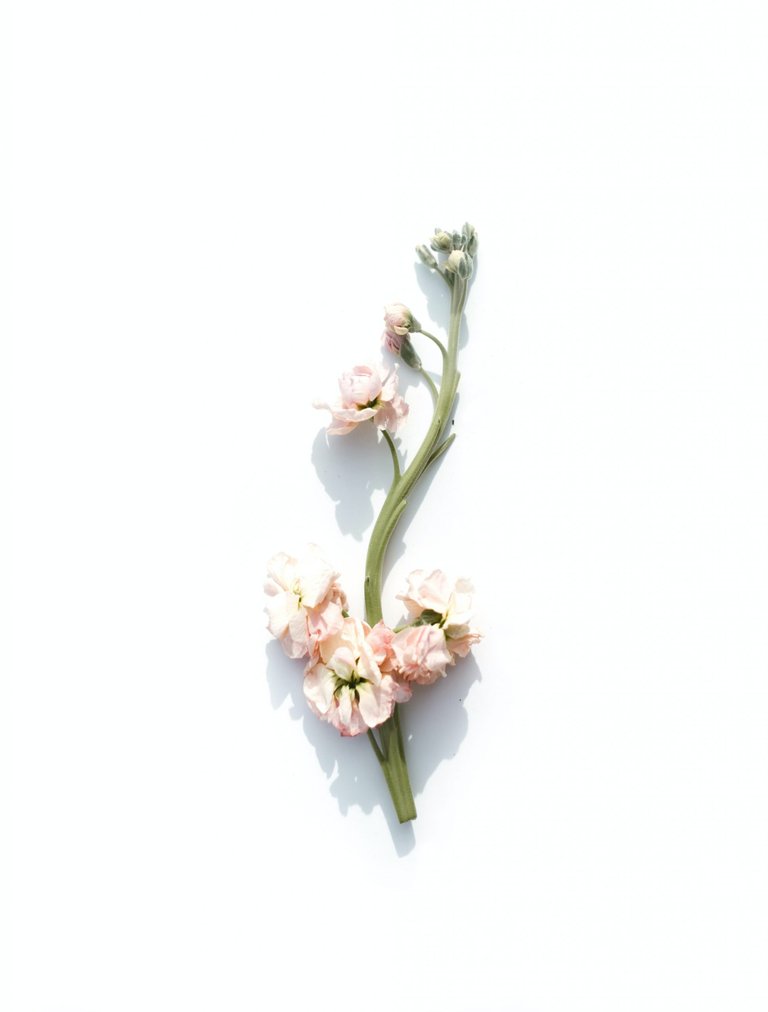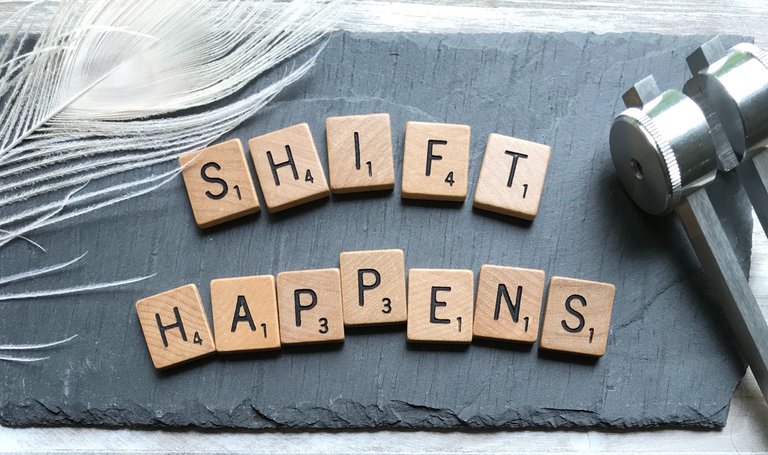
The Past
What does it mean to have self-compassion?
It is to smile at oneself.
It is being supportive, kind, and caring, honoring and respecting my needs, and holding myself in a safe and loving space. It creates ease in living.
And at the age of 30 years, I am just now acknowledging the existence of this concept in my reality. Having compassion for myself was never at the forefront of how I did things.
In fact, it was quite the opposite. My Inner Critic dominated situations so put-downs, insults, obsessive replays, and negative mental loops kept me imprisoned as a self-proclaimed "Fuck-Up".
This is the part of town where “How could you?”, “What’s wrong with you?”, and all the “Should’s” live.
- I should know this.
- I should be able to do this.
- I should do x.
- I should have done that differently.
- I should be someone different.
- I shouldn’t exist.
Strong Suit
In my yoga practice, I excelled quickly through poses because I pushed myself through challenges by ignoring any dissenting thoughts or feelings of pain, just as I did with meditation.Because of my past where I experienced much physical and emotional pain, I saw myself as someone who didn’t need tenderness or compassion, or deserved it, and used to wear this toughness as a badge of honor. The voice in my head said, “I can tolerate more pain than the average person.”
In fact, I equated pain with growth and put myself through the wringer because I didn’t know any other way.
In my personal development, I pushed myself beyond my comfort zone without ease and care. Shoving myself to the edge of my fears, commanding myself to “Jump, goddamnit!” And, I jumped. Sometimes, I landed triumphantly and other times, I fell flat on my face without so much as a soothing touch afterwards.
The Present
I thought presence was enough for the practice of living mindfully, but it’s not. Without the additional ingredient of compassion to mindfulness, I make myself wrong for any falter in my step, creating an opportunity for criticism and blame/shame/guilt to flood my body.
It’s not what we do, it’s how we do it. The depth of the work can’t reach my heart without grace and tenderness.
Healthy actions can quickly be deprived of their nutrients. If compassion is missing in my relationship to self, I can become super neurotic about my diet and nutrition and how I view my level of personal health. My yoga and meditation practices can become less enjoyable and I avoid them.
Without self-compassion, I am like a parent who is never pleased.
Recognizing this learning, I signed up for a course on "Mindful Self-Compassion". It is an 8-week program designed to teach the average lay-person how to have and show compassion for themselves through mindful practices.
What I've Learned
Last Tuesday, August 4, we had our first session and although it was a bit boring, as most orientations are, I've learned lots already.
Key Takeaways:
- Self-Compassion has three core elements: Mindfulness, Self-Kindness, and Common Humanity.
-
- Mindfulness practice is the tool for us to look inward and know when we are suffering and in pain.
- Self-kindness is the tool for us to soothe and comfort ourselves just as we would a dear friend.
- Common Humanity is the acknowledgement that my experience of suffering is a shared experience within the collective. Everyone suffers, no matter who you are; it is a common thread.
- There are two types of compassion: Yin is nurturing, comforting, and nourishing. Yang is protecting, providing, and motivating.
- Compassion is descended from the mammalian care-giving system characterized by warmth, soothing touch, and gentle vocalizations.
- The practice of self-compassion is dose dependent, meaning the benefits are correlated with how much we practice.
- Am I cultivating an Inner Enemy or an Inner Ally?
- And lastly, my favorite learning is a beautiful metaphor of the heart opening and closing to emotions like lungs respond to air, opening and contracting. The degree of openness of the heart changes; sometimes it is a trickle and other times, a full flow. The Mindful Self-Compassion Workbook states that signs of "opening" are laughter, tears, or more vivid thoughts and sensations, and signs of "closing" are distraction, sleepiness, annoyance, numbness, or self-criticism. Pay attention for intuitive teaching and learning opportunities.
Rebirth
The first image in this post of a hand shooting up out of the water was chosen as the header/featured image as well because this is how I feel when I'm not being self-compassionate, drowning in my own deluge that I created. I'm reaching out for help and grasping at air.With the cradle of self-compassion, I can pull myself out my created depths.
With self-compassion, there is emotional resilience and tools to cope when life feels hard. I speak to myself in ways that are encouraging and generous, like a supportive coach or trusted friend. I feel safe and protected while remaining free and trusting.
I offer myself unconditional acceptance and can feel however I feel without fear of judgement. I soothe and comfort myself. I am mindful of what's happening and allow it all in.
The Inner Critic has become the Inner Ally.
Each week, I will share my reflection and what I've learned in the current module, so stay tuned for the coming weeks! (8 in total). While you're waiting, you can read my other stories about a "Mindfulness Based Stress Reduction" Program I took this year!
Posted from my blog with SteemPress : https://www.tantrabanter.com/the-art-of-loving-yourself-week-1/


Congratulations @tantrabanter! You have completed the following achievement on the Hive blockchain and have been rewarded with new badge(s) :
You can view your badges on your board And compare to others on the Ranking
If you no longer want to receive notifications, reply to this comment with the word
STOPDo not miss the last post from @hivebuzz:
Curated for #naturalmedicine by @drrune.
Thoughtful and inspiring post. I too was very hard on myself, which meant I was quite judgmental about the world and the people around me. We resent it, everyone resents it, and the vicious cycle of hurt is really hard to break out from.
Self-compassion is hard until it isn't. Once we start actively working with it, we slowly discover that it was never an unnatural feeling, the unnaturalness was actually the self-harm, all of the codes that we've adopted or inherited throughout our lives. Life is a pleasure, it doesn't need to be a burden at all!
We encourage content about health & wellness - body, mind, soul and earth. We are an inclusive community with two basic rules: Proof of Heart (kindness prevails) & Proof of Brain (original content). Read more here.
Our website also rewards with its own Lotus token & we'd love you to join our community in Discord. Delegate to @naturalmedicine & be supported with upvotes, reblog, tips, writing inspiration challenges for a chance to win HIVE and more. Click here to join the #naturalmedicine curation trail!
We also encourage you to follow our sister accounts, @lotusshares and @uplotus. We're also partnered with another amazing healing group, @adiwathrive - follow for dual language curation (English and Spanish), spiritual, musical and heart centred wellness!